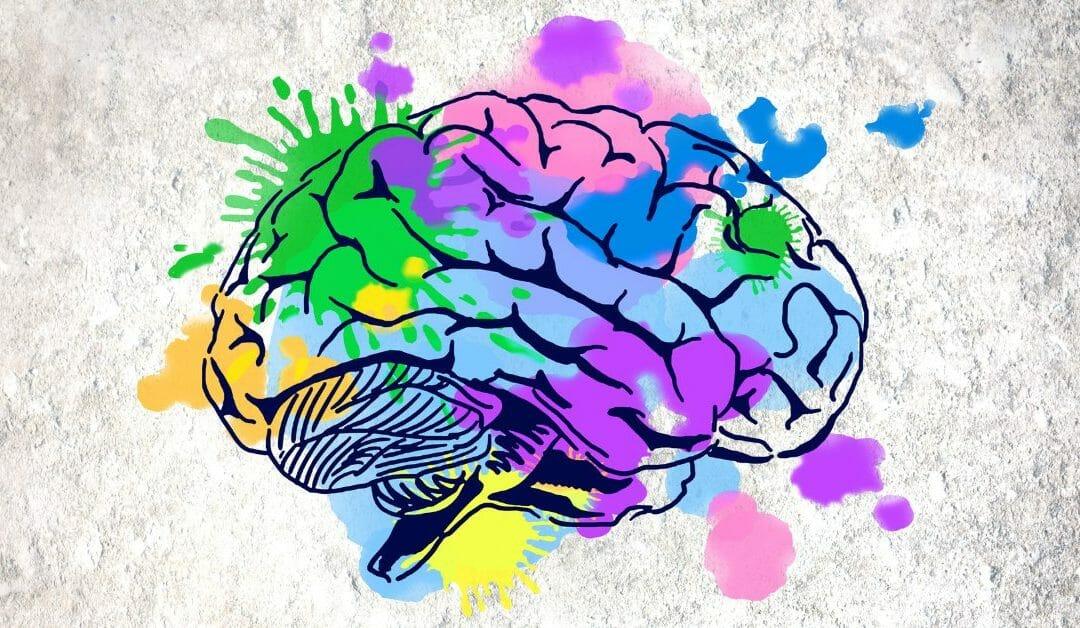The Role of Mindfulness in Creative Problem-Solving

In today’s fast-paced world, finding innovative solutions has become a necessity. Whether you are navigating workplace challenges or tackling personal dilemmas, the ability to think creatively is an invaluable skill. Mindfulness, with its emphasis on present-moment awareness and non-judgmental observation, serves as a cornerstone for unlocking creativity and fostering innovative problem-solving. By calming the mind and sharpening focus, mindfulness creates space for fresh perspectives, enabling individuals and teams to address challenges with ingenuity and clarity.
How Mindfulness Enhances Creativity
Creativity flourishes when the mind is free from stress and distractions. Yet, the modern environment often bombards us with mental clutter, making it difficult to generate new ideas. Mindfulness counters this by fostering an open and relaxed state of mind, allowing creative thoughts to emerge naturally. By observing thoughts without judgment, mindfulness breaks down mental barriers and reveals pathways to novel solutions. This connection between mindfulness and creativity positions it as a vital tool for tackling complex problems.
Breaking Free from Limiting Thought Patterns
One of the ways mindfulness supports creative thinking is by helping individuals escape habitual thought loops. When faced with challenges, people often fall into repetitive thought patterns that limit their ability to see new possibilities. Mindfulness, through its focus on observing thoughts as they arise, encourages a shift in perspective. By stepping back and viewing challenges from a fresh angle, individuals can generate innovative solutions that might have otherwise been overlooked.
The Importance of Mental Clarity
Mental clarity is essential for effective problem-solving. When the mind is clouded with distractions, it becomes difficult to focus on the task at hand. Mindfulness practices, such as focused breathing and body scans, help clear this clutter, allowing individuals to approach problems with greater clarity. This heightened focus not only enhances creative thinking but also improves decision-making by enabling deeper analysis of the problem.
Fostering Divergent Thinking Through Mindfulness
Divergent thinking—the ability to explore multiple solutions to a single problem—is a hallmark of creativity. Mindfulness cultivates this skill by encouraging openness and non-judgmental exploration of ideas. Instead of dismissing unconventional thoughts, mindfulness allows individuals to explore them fully, uncovering hidden potential. Simple mindfulness techniques, such as breathing exercises or short meditations before brainstorming sessions, can set the stage for enhanced divergent thinking.
Overcoming Creative Blocks
Creative blocks are a common challenge in problem-solving. These mental roadblocks often stem from stress, frustration, or fear of failure. Mindfulness provides an effective antidote by reducing stress and promoting a sense of calm. Practices like mindful breathing or meditation enable individuals to reset their minds, breaking through blocks and rediscovering their creative flow. This approach not only alleviates immediate challenges but also builds resilience against future blocks.
Reducing Stress for Enhanced Creativity
Stress is one of the biggest inhibitors of creative thinking. When under pressure, the mind narrows its focus, limiting the ability to explore new ideas. Mindfulness combats this by bringing attention to the present moment, reducing stress levels, and fostering emotional regulation. A stress-free mind is more open and adaptive, making it easier to think creatively and approach problems with curiosity.
Single-Tasking for Better Focus
In an era dominated by multitasking, mindfulness emphasizes the value of single-tasking—focusing fully on one task at a time. This practice enhances concentration, ensuring that individuals remain deeply engaged with the problem they are trying to solve. By dedicating undivided attention to a single challenge, mindfulness enables a more thorough exploration of creative solutions.
Mindfulness in Collaborative Problem-Solving
Team environments often require creativity to thrive on collaboration and shared perspectives. Mindfulness plays a pivotal role in fostering these dynamics by improving communication, empathy, and openness among team members. When individuals practice mindful listening, they engage more fully in discussions, paving the way for a more productive exchange of ideas. This collaborative atmosphere, driven by mindfulness, leads to innovative solutions that might not emerge in a less cohesive environment.
Promoting Open Dialogue in Teams
Mindfulness in daily life encourages open and respectful communication in team settings. By reducing judgment and fostering empathy, it helps team members feel more comfortable sharing unconventional ideas. This openness not only strengthens relationships but also enhances the group’s ability to generate creative solutions collaboratively. Techniques such as mindful pauses during meetings can further reinforce focus and alignment, ensuring that the team remains united in its efforts.
Practical Applications of Mindfulness in Daily Life
Mindfulness isn’t confined to formal meditation sessions; it can be seamlessly integrated into everyday life. For example, taking a mindful pause before approaching a problem allows individuals to reset their focus and approach challenges with greater clarity. Similarly, practicing mindful reflection after solving a problem can help identify successful strategies and areas for improvement, fostering continuous growth.
Simple Mindfulness Techniques for Problem-Solving
Incorporating mindfulness into daily problem-solving doesn’t have to be complicated. Here are a few practical techniques:
- Mindful Breathing: Take a few deep breaths to center yourself before starting a task.
- Body Scans: Spend a few minutes observing physical sensations to ground yourself in the present moment.
- Mindful Pauses: Step away from a problem momentarily to reset your focus.
- Reflective Journaling: After solving a problem, write down what worked and what didn’t to build awareness for future challenges.
Unlocking Everyday Innovation
Mindfulness is a transformative tool for enhancing creative problem-solving. By cultivating present-moment awareness, reducing stress, and fostering open-mindedness, it enables individuals to approach challenges with greater clarity and creativity. Whether working independently or as part of a team, mindfulness unlocks new pathways for innovation, making it an indispensable practice for navigating the complexities of modern life.
- Art
- Causes
- Crafts
- Dance
- Drinks
- Film
- Fitness
- Food
- Games
- Gardening
- Health
- Home
- Literature
- Music
- Networking
- Other
- Party
- Religion
- Shopping
- Sports
- Theater
- Wellness


